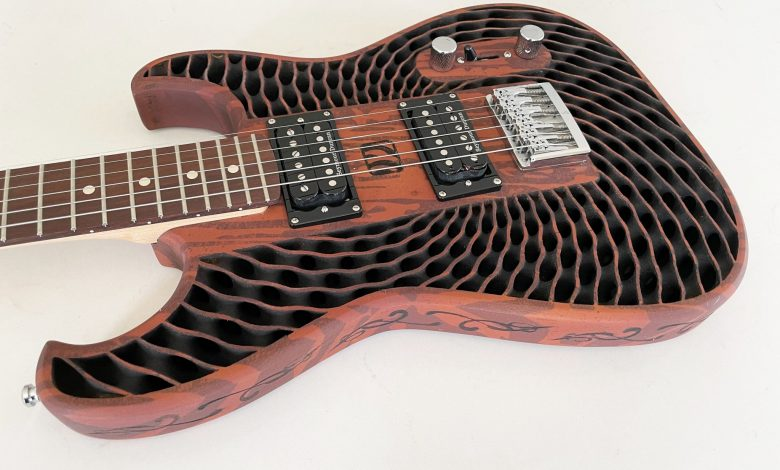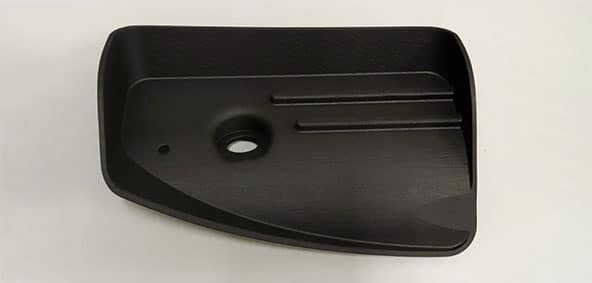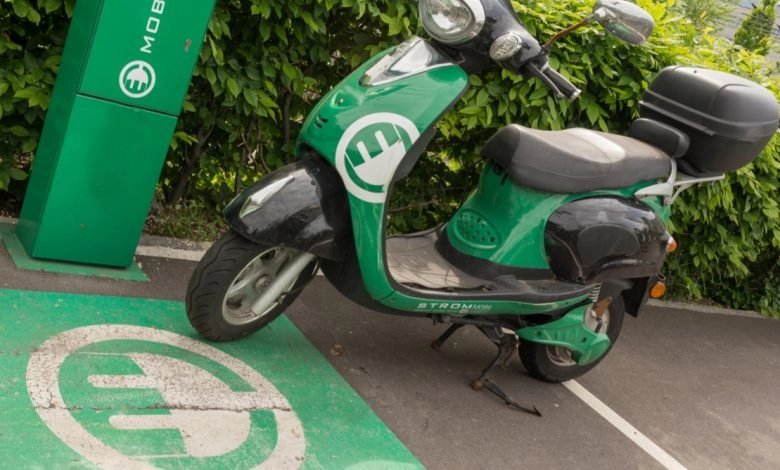Materialise Advances Sustainable Eyewear with 100% Bio-based
Materialise, a global leader in 3D printing solutions, paves the way toward a sustainable eyewear industry by expanding its range of materials to include Polyamide 11 (PA11). The 100% bio-based polymer is made from sustainably farmed castor beans and offers excellent properties for eyewear. By addressing overproduction, the fashion industry’s biggest environmental challenge, 3D printing helps brands meet the expectations of environmentally conscious eyewear consumers.










